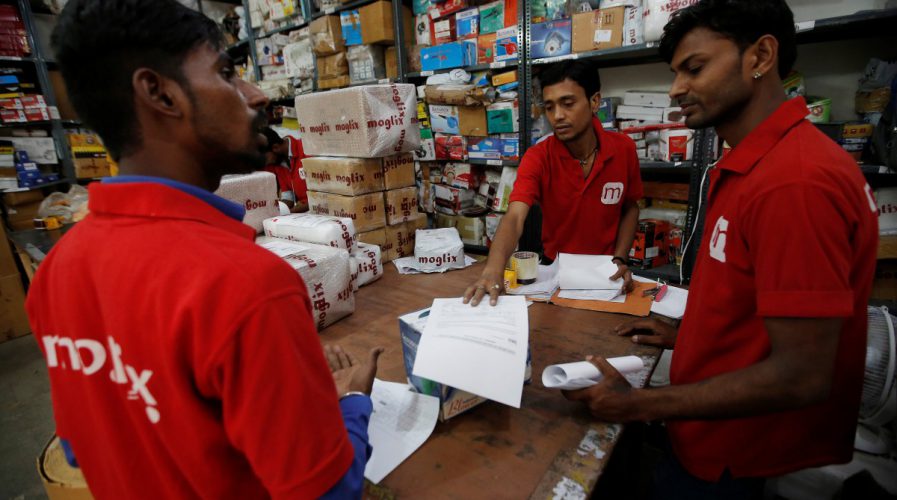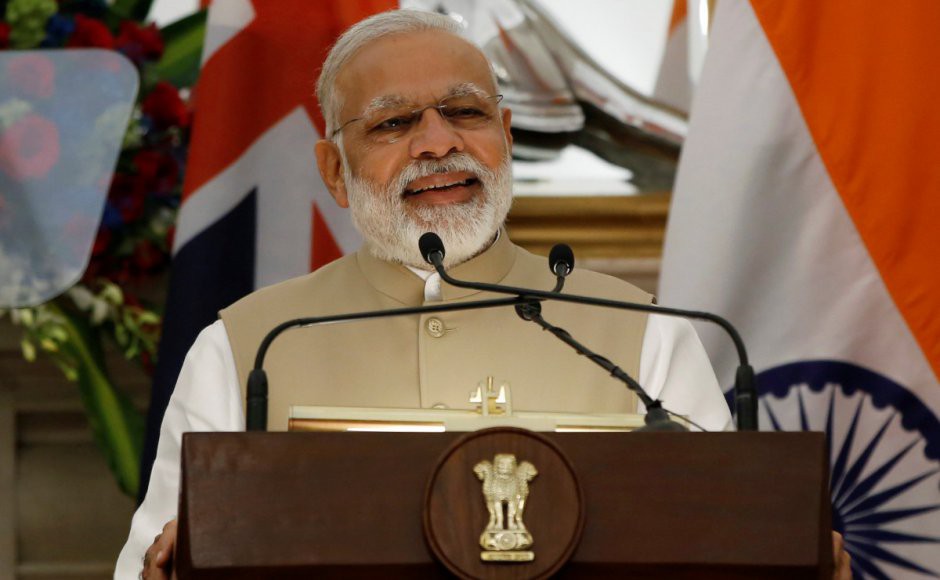
Payoneer will be bringing some much needed relief to India’s low credit card penetration society. Source: Reuters
India: Ancillary tax software economy surges as GST deadline looms
INDIA will see its new national Good and Services Tax (GST) rolled out on July 1 and its aftermath will be characterised by a surge in various cottage industries geared, particularly in the B2B sector.
India signals it will press ahead with the roll out of a goods and services tax on July 1 https://t.co/LH6sSw7szL pic.twitter.com/m4w2A5ZTQr
— Bloomberg (@business) June 13, 2017
It is expected the largest tax reform policy in India since the country’s independence in 1947 will bring together the various disparate parts of its US$2 trillion tax economy, once fragmented by state lines. The immediate and expected ruptures will likely feed demands from businesses for GST compliance products, which technology companies, communications firms and tax advisors are already hurrying to provide.
Aside from the software and tax advice providers, though, the law has begun bolstering a handful of boutique firms who are blending the best of both the tech and tax world by providing businesses with services and advice for migrating to the national GST Network (GSTN). The GSTN is a massive IT back-end system dreamed up by Prime Minister Narendra Modi’s government, which is aimed at helping businesses deal with heavy backloads of invoices of up to five million pieces a month.
SEE ALSO: India’s new tax plan could boost logistics and e-commerce economy
Businesses such as Rahul Garg’s Moglix are offering a GST compliance product to help six million companies begin filing taxes digitally as the clock strikes midnight on July 1. Moglix is an online marketplace for industrial equipment that has a network comprising of 200 large manufacturers and 40,000 SMEs.
“We’ll put it out as a commercial model that will be a no-brainer for all SMEs,” Garg told Reuters, though he noted the company will also offer a free version.
Thirty-four companies that have had their products accredited by the government, with another 160 applications pending. Despite the fact the GSTN was designed with a public-private partnership at its heart, the new businesses cropping up around it will provide secure data pipelines to ensure clients’ tax data.

Aside from the GSTN though, the boutique businesses are developing a software interface called the Application Service Provider (ASP) which standardizes invoice formats in order to bring some form of order to India’s helter-skelter tax infrastructure. The businesses are expected to “bundle” both ASP and GST solutions for their clients.
Which is all to say India’s economy will soon undergo a massive sea change, with old businesses in danger of being edged out by agile technology-forward companies who can help clients make sense of India’s tangled web of a tax system. The country employs four separate tax rates for different classes of goods, and firms are required to file three separate tax returns every month.
SEE ALSO: Indian govt demands deeper commitment from Apple before granting tax breaks
That doesn’t take into account cross-state operations, as policies can change drastically depending on where you are in the country. Software might be the cure for the country’s tax ailments, and global players such as SAP, Oracle and Microsoft are providing both consulting and software “patches” for their bigger clients.
READ MORE
- Ethical AI: The renewed importance of safeguarding data and customer privacy in Generative AI applications
- How Japan balances AI-driven opportunities with cybersecurity needs
- Deploying SASE: Benchmarking your approach
- Insurance everywhere all at once: the digital transformation of the APAC insurance industry
- Google parent Alphabet eyes HubSpot: A potential acquisition shaping the future of CRM
